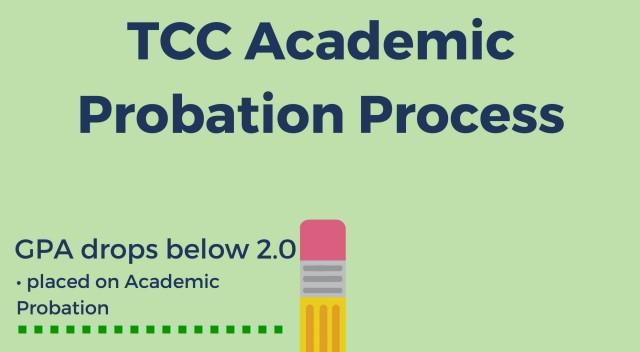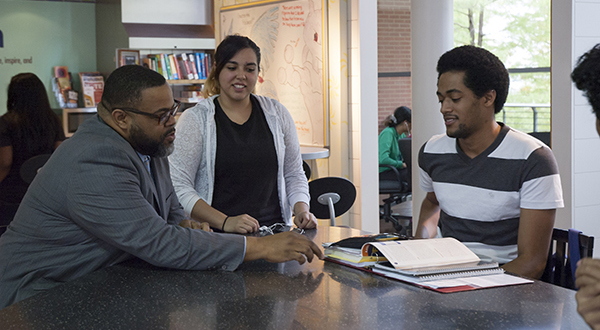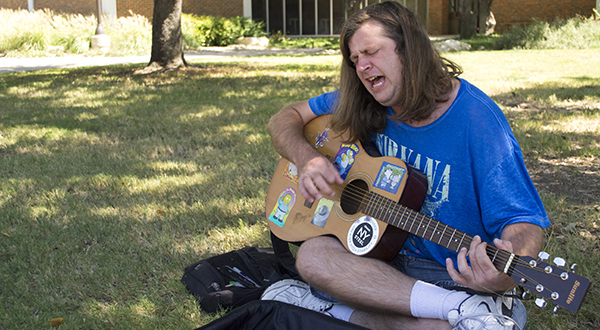By Tee Townsend/ reporter
Everyone’s ability to process information differs, a former TCC counselor told South Campus students Sept. 8.
Anita Peters, a professional counselor with Partners in Counseling, presented information on how to define, identify and treat a learning disorder.
Peters began the presentation by defining two learning disorders: attention deficit hyperactivity disorder, which is a chemical imbalance caused by a lack of four specific chemicals in the brain, and learning disorders, which revolve around three primary learning differences.
ADHD affects all groups of people: men, women, children, young or old, Peters said.
“Research indicates that 25 percent of the people have ADHD,” she said.
ADHD is a chemical imbalance of four neurotransmitters in the brain called dopamine, serotonin, norepinephrine and gamma aminobutyric acid. People with ADHD may be seen as “lazy or don’t try,” Peters said.
However, they are people who are very smart. They function to a particular point of learning but then hit what Peters referred to as “a wall,” at which point viable learning stops. Peters pointed out that people with ADHD have average to above-average intelligence.
Persons with ADHD may suffer from a lack of attentiveness, may be slow to complete a task, are often challenged or procrastinate, have trouble staying focused and feel overwhelmed with simple tasks.
Peters cautioned, however, when looking at a person with ADHD symptoms not to “jump to conclusions.” She emphasized the need to seek professional help and take a screening test to identify ADHD or any learning disorder. A variety of reasons may cause a person’s inability to stay on task, she said.
However, once ADHD has been diagnosed by a professional, several treatment options are available. Peters said medication is the most widely used option. Although medication is a primary treatment of ADHD, the need for exercise and a diet rich in proteins, limited in carbohydrates and with a “very high concentration of fish oil” supplements is also necessary, she said.
Peters also explained the three primary differences of learning disorders: math, reading and written expression. The inability to do specific functions of math, reading and writing can be defined as a learning disorder, but she indicated that doesn’t completely define someone.
“Everyone has a gift,” she said. “These people are gifted … they are some of the brightest and the best.”
Peters challenged the audience to Google famous people with ADHD or learning disorders to emphasize how many people are successful while also living with ADHD or a learning disorder.
If someone thinks they may have a learning disorder or ADHD, they should seek help, Peters said.
“Information is power,” she said. “Get information on how to address your concerns.”
Peters explained that if students currently hold a document stating they have ADHD and/or a learning disability, they should contact disability services on any campus. Then they can get all the help they need to be successful, and all parties involved can determine how best to address the student’s particular needs.




























